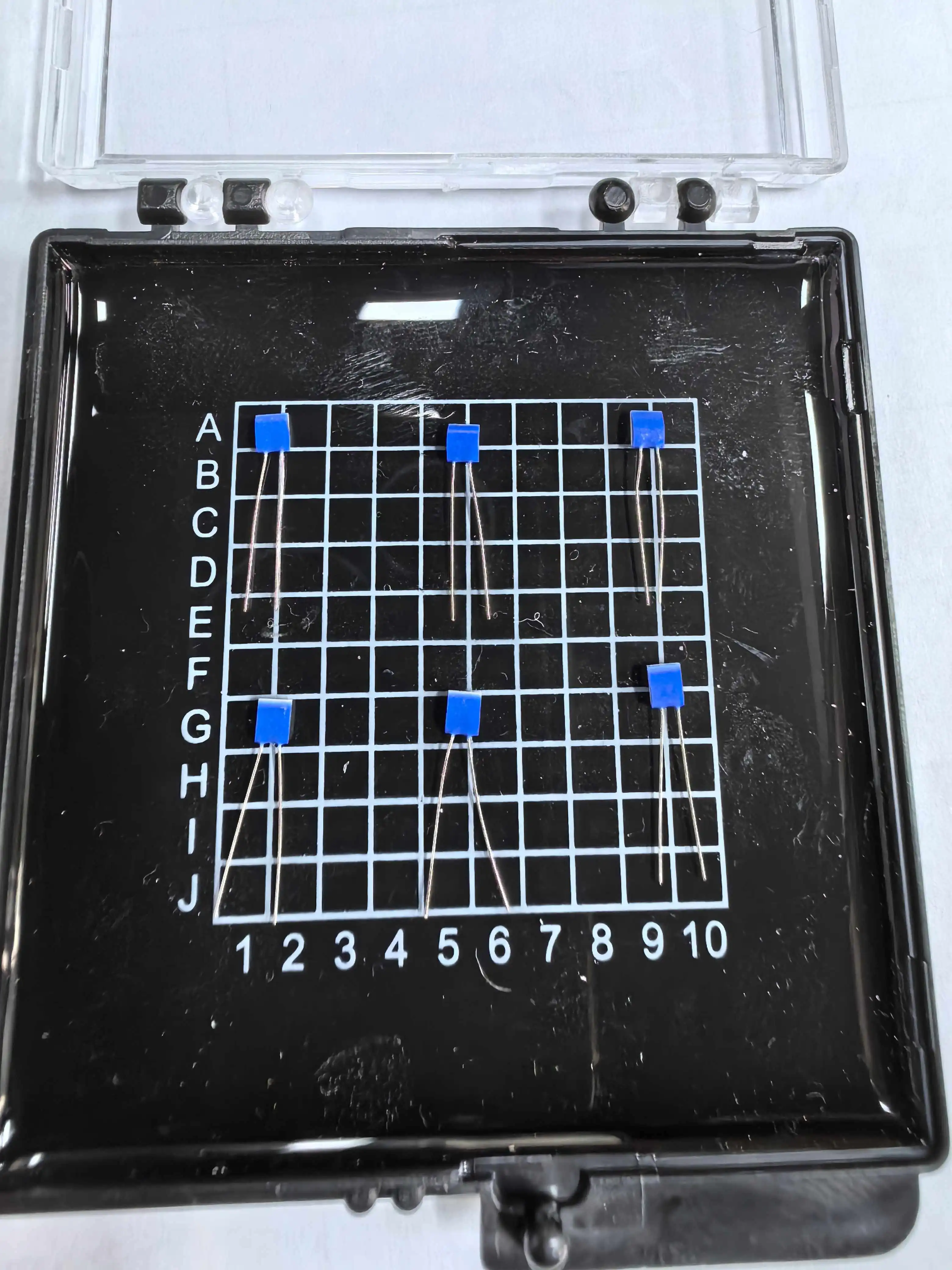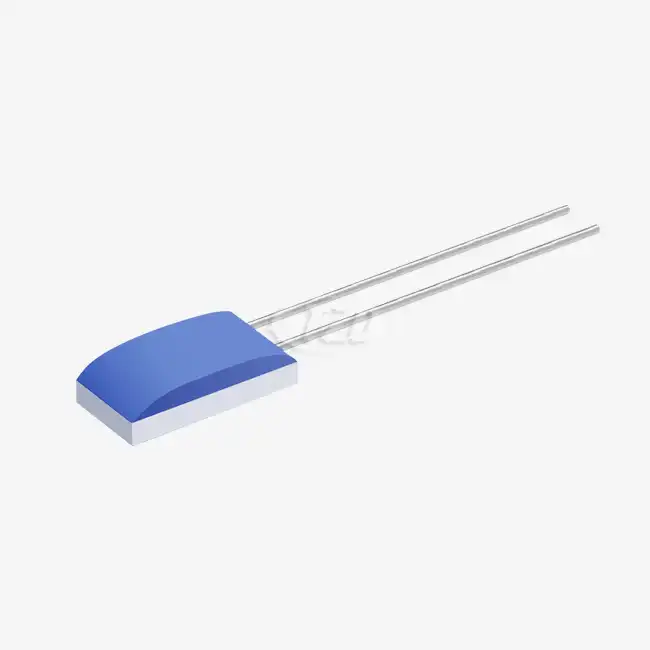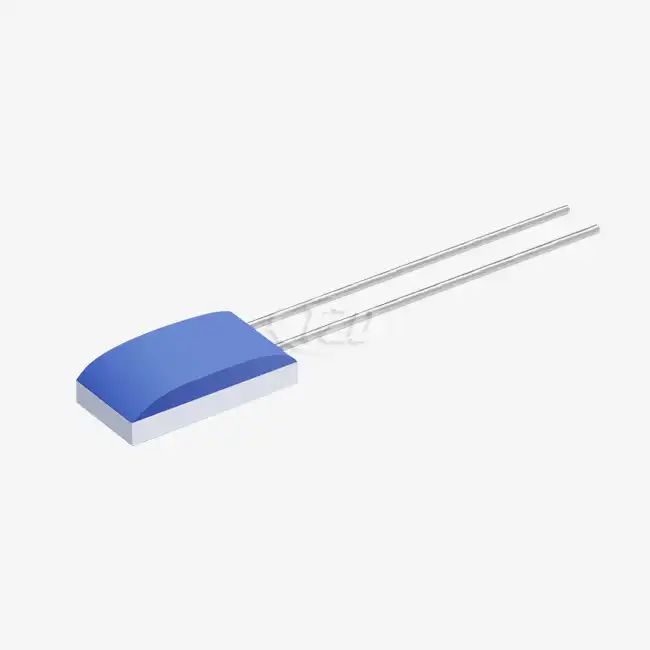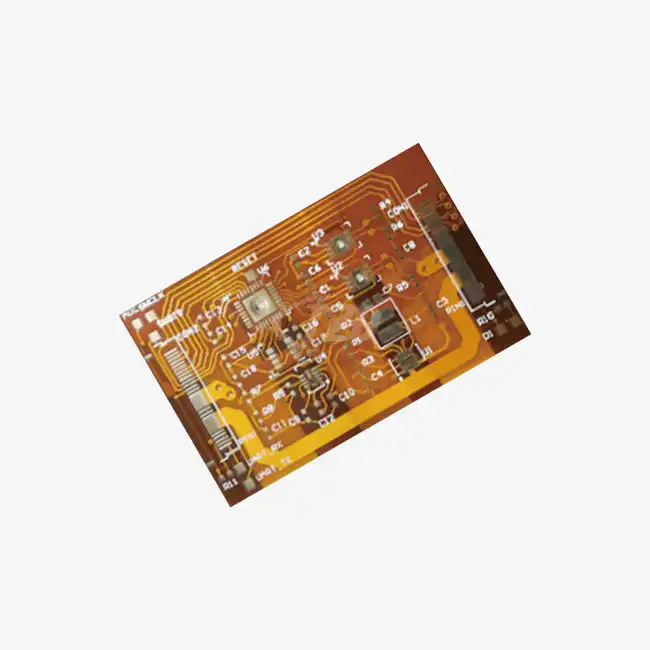Understanding Fixed Thread Type Thermistor Temperature Sensors in Medical Applications
Fixed Thread Type Thermistor Temperature Sensors are specialized components designed for seamless integration into medical devices. These sensors utilize the principle of temperature-dependent electrical resistance to provide accurate temperature readings. The fixed thread design allows for easy installation and secure placement within medical equipment, ensuring consistent and reliable measurements.
In medical applications, the precision of temperature measurements is paramount. Fixed Thread Type Thermistor Temperature Sensors excel in this aspect, offering high accuracy within a temperature range typically spanning from -55°C to 150°C. This wide range makes them suitable for various medical scenarios, from monitoring body temperature to controlling the temperature of sensitive medical equipment.
Key Features of Fixed Thread Type Thermistor Temperature Sensors
Several features make fixed thread type thermistor temperature sensors particularly well-suited for medical applications:
- Rapid Response Time: These sensors can detect temperature changes quickly, often within fractions of a second, allowing for real-time monitoring in critical care situations.
- High Sensitivity: They can detect minute temperature variations, which is crucial in medical diagnostics and patient care.
- Durability: The fixed thread design provides robustness, allowing the sensors to withstand the rigors of medical environments.
- Compact Size: Their small form factor enables integration into various medical devices without compromising functionality.
- Customizability: Manufacturers can tailor these sensors to specific medical applications, adjusting parameters such as resistance values and thread sizes.
The versatility of Fixed Thread Type Thermistor Temperature Sensors makes them invaluable in a wide array of medical devices, from simple thermometers to complex diagnostic equipment. Their ability to provide accurate, rapid, and reliable temperature measurements contributes significantly to the overall effectiveness and safety of medical procedures and patient care.
Applications of Fixed Thread Type Thermistor Temperature Sensors in Medical Devices
The integration of Fixed Thread Type Thermistor Temperature Sensors into medical devices has expanded the capabilities of healthcare technology. These sensors find applications in numerous medical devices, each leveraging their unique properties to enhance patient care and diagnostic accuracy.
Patient Monitoring Systems
In patient monitoring systems, Fixed Thread Type Thermistor Temperature Sensors play a crucial role in continuous temperature monitoring. These sensors can be incorporated into wearable devices, allowing for non-invasive and constant tracking of a patient's body temperature. This is particularly valuable in intensive care units, where even slight temperature fluctuations can indicate significant changes in a patient's condition.
The rapid response time of these sensors enables healthcare professionals to detect fever spikes or hypothermia quickly, allowing for prompt intervention. Moreover, their ability to provide accurate readings over extended periods makes them ideal for long-term patient monitoring, such as in post-operative care or during the treatment of chronic conditions.
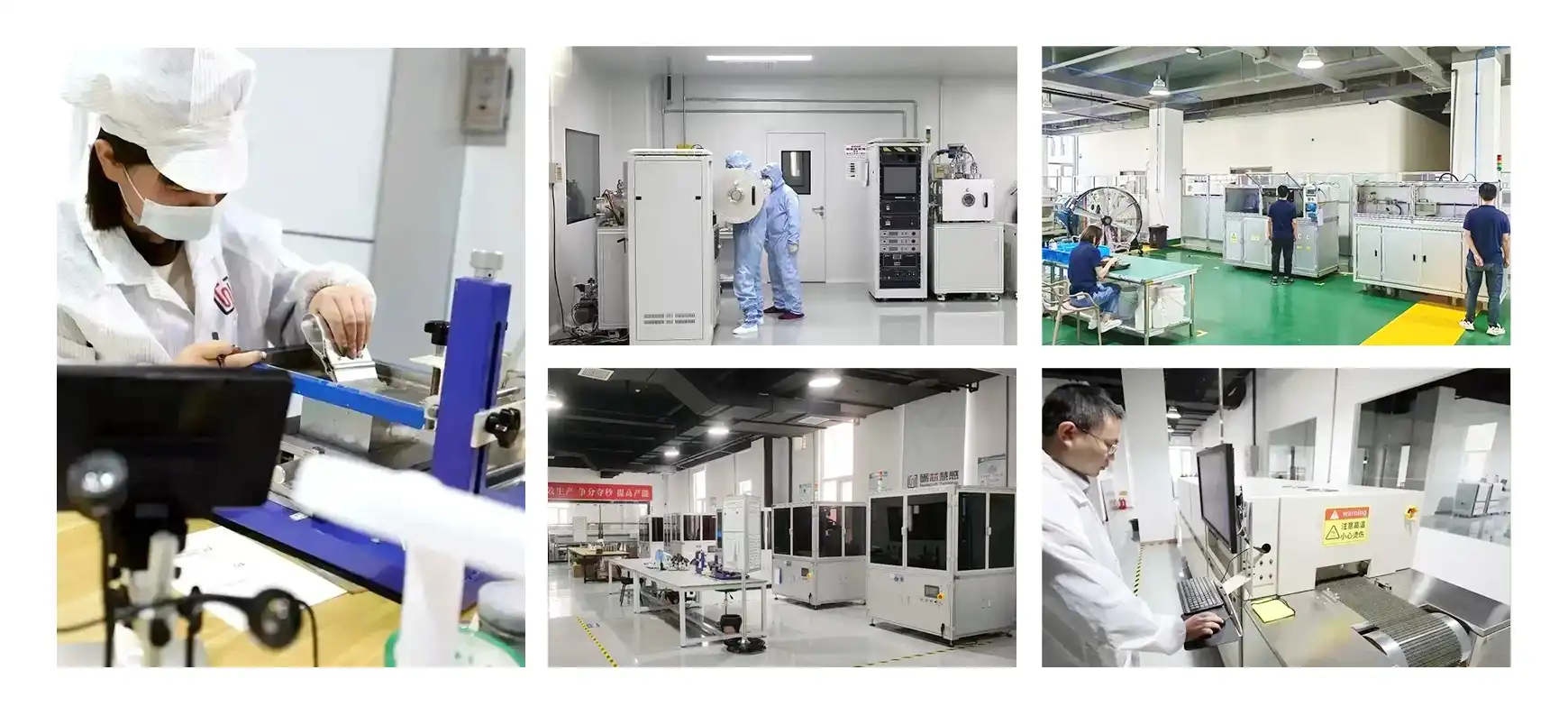
Diagnostic Equipment
Fixed thread type thermistor temperature sensors are integral components in various diagnostic devices. In blood analyzers, for instance, these sensors ensure that blood samples are maintained at the correct temperature during analysis, as even minor temperature variations can affect test results. Similarly, in PCR (Polymerase Chain Reaction) machines used for DNA amplification, precise temperature control is critical, and thermistor sensors help maintain the exact temperatures required for each stage of the PCR process.
In imaging equipment like MRI machines, temperature sensors play a vital role in monitoring and controlling the temperature of both the equipment and the patient. This is crucial for patient comfort and safety, as well as for maintaining the optimal operating conditions of the sensitive imaging components.
Therapeutic Devices
Many therapeutic medical devices rely on Fixed Thread Type Thermistor Temperature Sensors for temperature regulation. In devices used for hypothermia treatment, these sensors help maintain the precise cooling temperatures required to protect organs and reduce inflammation. Conversely, in hyperthermia treatments used in certain cancer therapies, thermistor sensors ensure that the targeted tissues reach and maintain the desired therapeutic temperature without causing damage to surrounding healthy tissue.
Dialysis machines also incorporate these sensors to monitor the temperature of the dialysate fluid, ensuring it matches the patient's body temperature to prevent discomfort and potential complications. In incubators for premature infants, maintaining a stable and appropriate temperature is critical, and Fixed Thread Type Thermistor Temperature Sensors play a key role in this delicate temperature control.
Advancements and Future Trends in Medical Thermistor Technology
The field of medical thermistor technology, particularly concerning Fixed Thread Type Thermistor Temperature Sensors, is continuously evolving. Recent advancements and emerging trends are shaping the future of these crucial components in medical devices.
Miniaturization and Increased Sensitivity
One of the most significant trends in thermistor technology is the ongoing miniaturization of sensors. Manufacturers are developing increasingly smaller Fixed Thread Type Thermistor Temperature Sensors without compromising on accuracy or response time. This miniaturization allows for the integration of temperature sensing capabilities into even smaller medical devices, opening up new possibilities for non-invasive and minimally invasive diagnostic and therapeutic applications.
Alongside miniaturization, there's a push towards enhancing the sensitivity of these sensors. Advanced manufacturing techniques and novel materials are being explored to create thermistors capable of detecting even smaller temperature variations. This increased sensitivity could lead to earlier detection of physiological changes, potentially improving patient outcomes in various medical scenarios.
Integration with Wireless and IoT Technologies
The integration of fixed thread type thermistor temperature sensors with wireless and Internet of Things (IoT) technologies is another exciting development. This combination allows for real-time, remote temperature monitoring, which has numerous applications in healthcare. For instance, patients recovering at home could have their temperatures continuously monitored, with data transmitted directly to healthcare providers. This could enable early intervention in case of complications and reduce the need for in-person visits.
In hospital settings, IoT-enabled thermistor sensors could contribute to more efficient patient monitoring systems, allowing healthcare professionals to track multiple patients' temperatures simultaneously from a central station. This integration also facilitates the collection and analysis of large-scale temperature data, which could provide valuable insights for medical research and improve patient care protocols.

Enhanced Biocompatibility and Longevity
As medical devices become more sophisticated and are often designed for long-term use, there's an increased focus on enhancing the biocompatibility and longevity of Fixed Thread Type Thermistor Temperature Sensors. Researchers are exploring new materials and coatings that can improve the sensors' resistance to biofouling, a process where biological materials accumulate on the sensor surface, potentially affecting its accuracy over time.
Additionally, efforts are being made to develop thermistor sensors with improved long-term stability, ensuring that they maintain their accuracy and reliability over extended periods. This is particularly important for implantable medical devices or those used in continuous monitoring applications.
The advancements in Fixed Thread Type Thermistor Temperature Sensor technology are not only improving the capabilities of existing medical devices but also paving the way for innovative new applications. As these sensors become more precise, smaller, and more versatile, they will continue to play a crucial role in advancing medical diagnostics, patient monitoring, and therapeutic interventions.
Conclusion
Fixed thread type thermistor temperature sensors have become indispensable components in modern medical devices, significantly enhancing the accuracy and reliability of temperature measurements in healthcare settings. Their versatility, precision, and adaptability make them crucial in a wide range of applications, from patient monitoring to complex diagnostic and therapeutic equipment.
As technology continues to advance, we can expect to see even more innovative uses of these sensors in medical devices. The ongoing trends of miniaturization, increased sensitivity, and integration with IoT technologies are set to further expand the capabilities of medical thermistors, potentially revolutionizing patient care and medical diagnostics.
For healthcare professionals and medical device manufacturers looking to leverage the latest advancements in thermistor technology, staying informed about these developments is crucial. If you're interested in learning more about state-of-the-art Fixed Thread Type Thermistor Temperature Sensors and their applications in medical devices, please don't hesitate to contact us at sales11@xatzd.com. Our team of experts is ready to provide you with detailed information and support your specific medical device needs.
